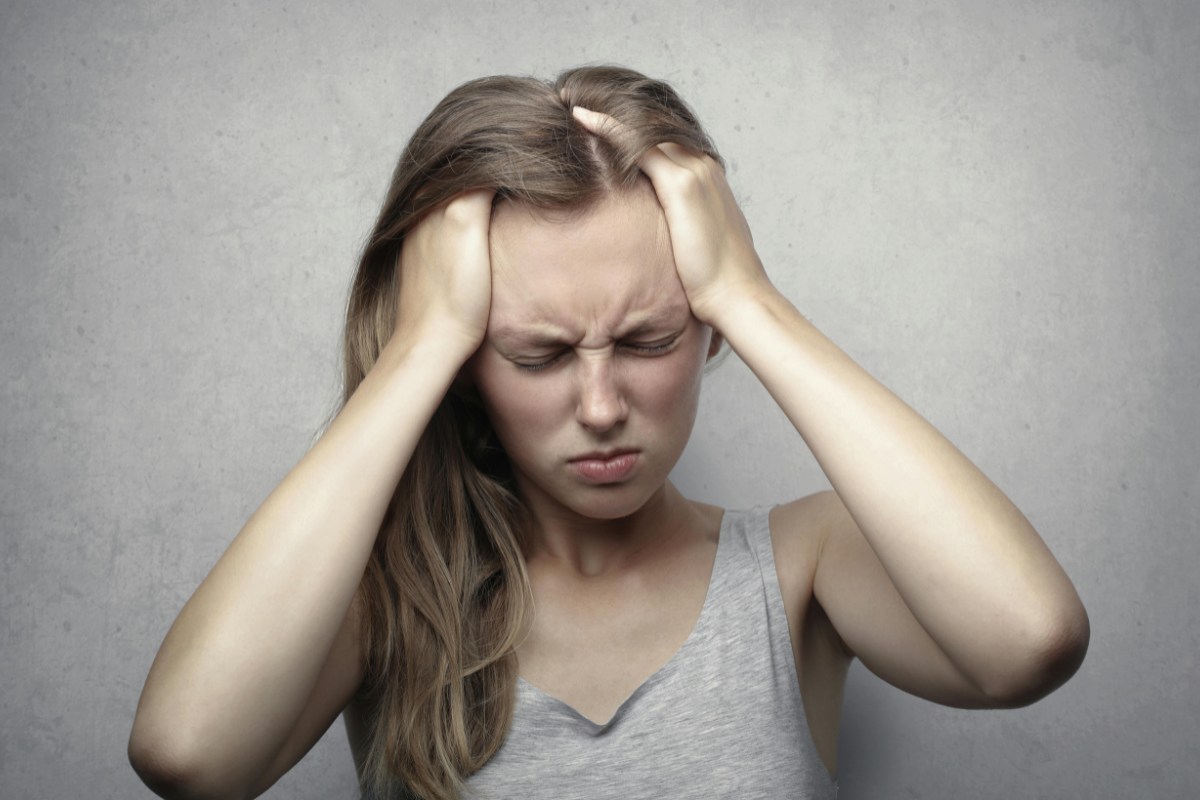
Depression & Anxiety: Understanding and Overcoming

Depression & Anxiety: Understanding and Overcoming
Introduction
Depression and anxiety are two of the most common mental health conditions affecting people worldwide. These conditions can significantly impact an individual's quality of life, making it difficult to function and maintain healthy relationships. This blog post will delve into the understanding, symptoms, causes, and effective strategies for overcoming depression and anxiety.
Understanding Depression and Anxiety
Depression is a pervasive mood disorder characterized by persistent sadness, loss of interest, and a sense of hopelessness. Anxiety is a state of excessive worry or fear that can interfere with daily life. Both conditions can manifest in various ways and affect individuals differently.
Symptoms of Depression and Anxiety
Depression: is characterized by persistent sadness or low mood, loss of interest or pleasure in activities, fatigue or low energy, changes in appetite or weight, difficulty concentrating or making decisions, feelings of worthlessness or guilt, and thoughts of death or suicide.
Anxiety: is characterized by excessive worry or fear, restlessness or agitation, difficulty concentrating, physical symptoms such as rapid heartbeat, sweating, or trembling, and avoidance behaviors.
Causes of Depression and Anxiety
The exact causes of depression and anxiety are complex and often multifaceted. Some factors that may contribute to these conditions include:
- Biological Factors: Genetics, brain chemistry, and hormonal imbalances can play a role.
- Environmental Factors: Stressful life events, trauma, and social isolation can increase the risk of depression and anxiety.
- Psychological Factors: Negative thought patterns, learned helplessness, and perfectionism can contribute to these conditions.
Seeking Help
If you are experiencing symptoms of depression or anxiety, it is important to seek professional help. A mental health professional can provide a diagnosis and recommend appropriate treatment options.
Treatment for Depression and Anxiety
- Therapy: Cognitive-behavioral therapy (CBT) and interpersonal therapy (IPT) are effective treatments for depression and anxiety. These therapies help individuals identify and challenge negative thought patterns and develop coping skills.
- Medication: In some cases, medication may be prescribed to manage symptoms of depression and anxiety. Antidepressants and anti-anxiety medications can be helpful for individuals who require additional support.
- Lifestyle Changes: Making healthy lifestyle choices can also help manage depression and anxiety. These include regular exercise, a balanced diet, sufficient sleep, and stress management techniques.
Coping Strategies for Depression and Anxiety
- Challenge Negative Thoughts: Replace negative thoughts with positive affirmations and realistic perspectives.
- Practice Mindfulness: Mindfulness techniques, such as meditation and deep breathing, can help reduce stress and anxiety.
- Engage in Activities: Participate in activities that you enjoy and find meaningful.
- Connect with Others: Build strong social connections and seek support from friends, family, or support groups.
- Avoid Substance Abuse: Substance abuse can worsen symptoms of depression and anxiety.
Conclusion
Depression and anxiety are common mental health conditions that can significantly impact an individual's quality of life. However, with the right support and treatment, it is possible to overcome these challenges. By understanding the symptoms, causes, and effective treatment options, individuals can take steps to improve their mental health and well-being.
























































